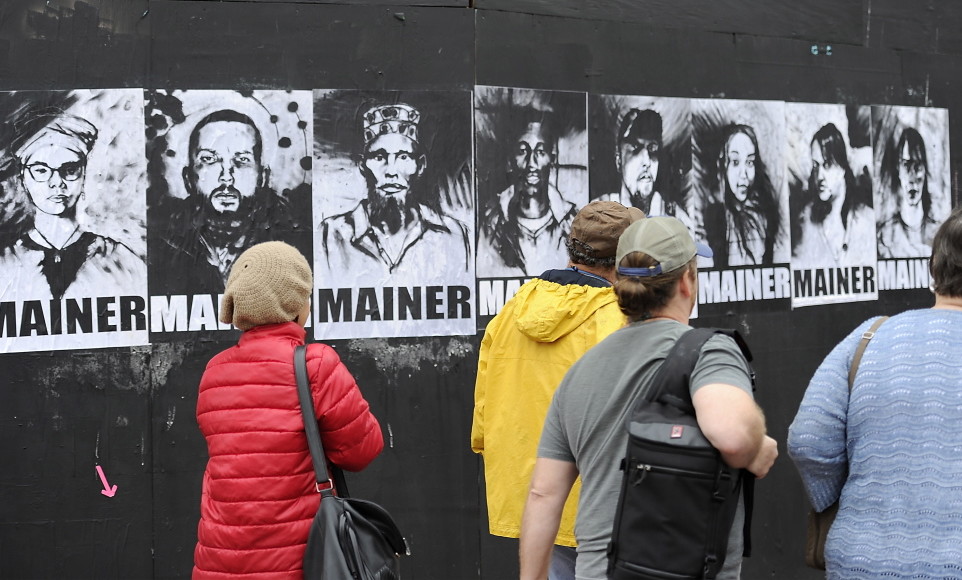Gov. LePage had his chance to stop state funds from going to asylum seekers, back near the end of the last legislative session, when L.D. 369 waited on his desk.
The governor missed that opportunity when he misinterpreted the Maine Constitution and failed to issue a veto. Now L.D. 369 is law, ensuring that immigrants who are here legally may receive General Assistance, and municipalities that provide those benefits are reimbursed.
Still, the LePage administration is doing what it can to scuttle the law, first by launching a referendum drive, and now with a set of proposed rules that are clearly opposed to the intent of the law.
If the referendum gets on the ballot next November, voters will have a say on the policy’s future. But until then, the law, not to mention our own moral imperative, says it is Maine’s obligation to help immigrants fleeing violence and persecution.
In June, a federal judge ruled that the state can’t stop municipalities from providing General Assistance to asylum seekers, but it didn’t have to reimburse cities and towns, either.
If Maine was going to require state reimbursement in those cases, the judge said, the law would have to be changed.
The Legislature responded with L.D. 369. The bill was approved and sent to LePage, where it was among 65 proposals that he mistakenly held on to for too long during a dispute with the Legislature, making them law without his signature.
It then became up to the Department of Health and Human Services to propose rules for carrying out the new General Assistance law, using the intent of the Legislature as a guide.
That is where the state fell short.
The law, as drafted and debated in the Legislature, intended to cover two very broad categories of immigrants: those “lawfully present in the United States,” which under the widely accepted federal definition means those who have been granted asylum as well as those who have filed an application for asylum, and those “pursuing a lawful process to apply for immigration relief.”
However, the proposed DHHS rules cover immigrants in the first category, but not the second.
That leaves out asylum seekers who haven’t yet finished their application – a process that can take a lawyer, usually working pro bono, more than 100 hours. It leaves out asylum seekers who, because of how they arrived in the country or filled out their immigration application, find themselves in front of a judge.
And it leaves out some victims of torture or domestic violence whose immigration status doesn’t fit the narrow definition offered by the DHHS.
These aren’t “illegal immigrants,” as a DHHS spokeswoman intimated in a statement last week. They are all here in the United States with the knowledge of U.S. Citizenship and Immigration Services, and they are not under threat of deportation.
It was clear in the Legislature that the people mentioned above, and any others “pursuing a lawful process,” were to be eligible for aid, as one of the bill’s sponsors, Sen. Amy Volk, R-Scarborough, testified last week.
We have always said that granting assistance to asylum seekers is the right thing to do.
More to the point, it is now the law in Maine, and it should be followed.
Send questions/comments to the editors.



Success. Please wait for the page to reload. If the page does not reload within 5 seconds, please refresh the page.
Enter your email and password to access comments.
Hi, to comment on stories you must . This profile is in addition to your subscription and website login.
Already have a commenting profile? .
Invalid username/password.
Please check your email to confirm and complete your registration.
Only subscribers are eligible to post comments. Please subscribe or login first for digital access. Here’s why.
Use the form below to reset your password. When you've submitted your account email, we will send an email with a reset code.